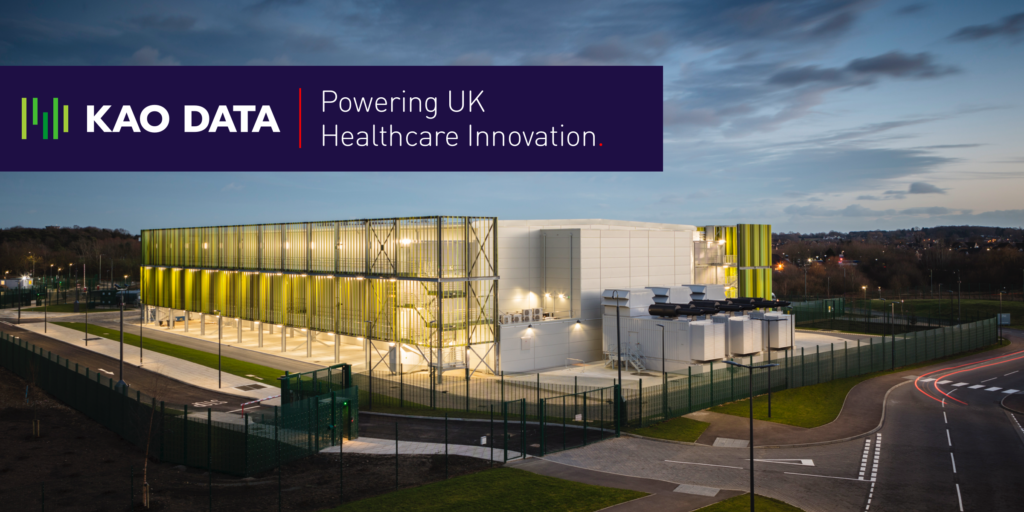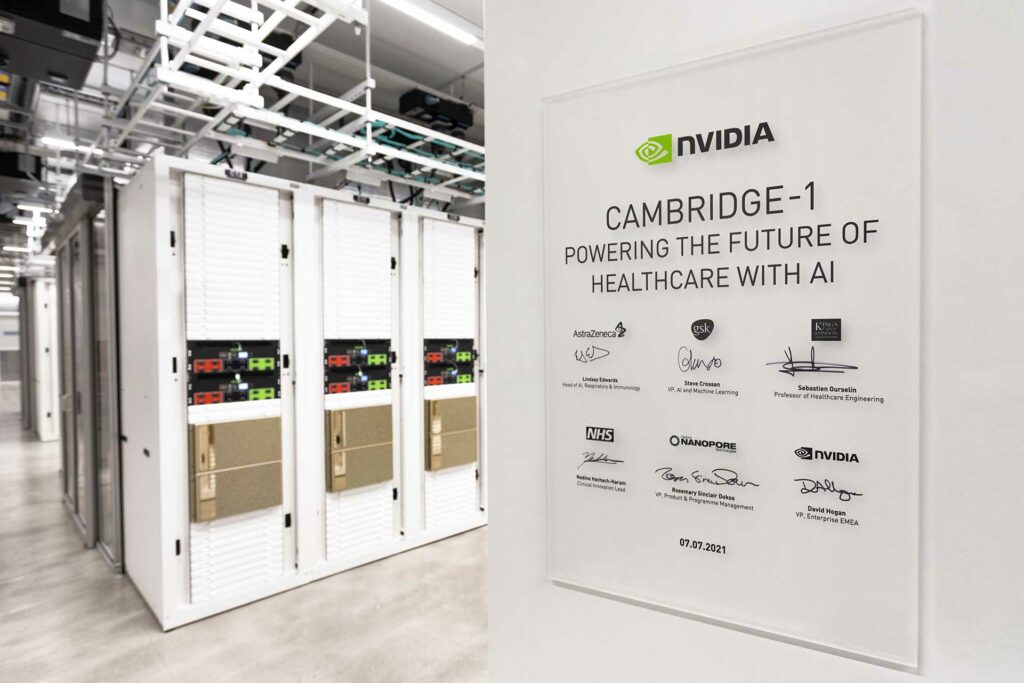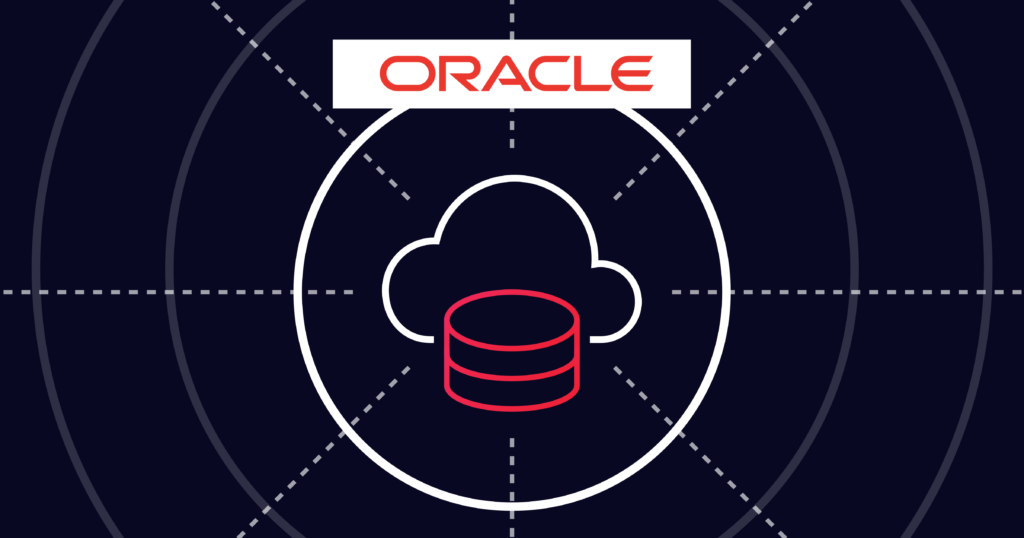
High-Performance Computing Inside Kao Data Powers UK Healthcare Innovation
- Cloud networking
- July 27, 2021
- RSS Feed
In the UK Innovation Corridor, hybrid cloud high-performance computing powers new solutions to today’s healthcare challenges.
In the 50 miles between the Royal Docks in London and Cambridge is The UK Innovation Corridor, where, like Silicon Valley in the United States, a cluster of start-ups, advanced technology firms, bioscience companies, and universities are racing to shape the future.
Whether it’s COVID-19 vaccine research, building modular homes for the homeless, or developing autonomous driving technologies, the UK Innovation Corridor has created an ecosystem of new ideas that aims to turbocharge the knowledge economy. The corridor is currently home to over 2.1 million jobs and has spawned nearly 25,000 startups since 2015. It boasts more patents per capita than Silicon Valley and is home to some of the largest pharmaceutical and life sciences companies in the world including AstraZeneca, GSK, and the Wellcome Sanger Institute.
Many of these healthcare organizations are working hard on COVID-19 research. Cambridge University Hospitals NHS Foundation Trust recently announced the successful trial of a lifesaving COVID-19 treatment: the intravenous injection of two monoclonal antibodies named REGEN-COV. The trial suggested that for every 100 patients treated with the antibody cocktail, six lives were saved. As a recipient of all the European COVID-19 genomic data, the European Bioinformatics Institute receives 80 million requests a day for its open data archive from research labs doing vaccine research, variant sequencing, and other work on the pandemic.
Healthcare Innovation Powered by High-Performance Computing
At the nexus of this research is high-performance, industrial scale computing utilizing a hybrid mix of cloud and colocation. Kao Data, whose data centers are purpose-built for industrial-scale compute, is an associate member of the UK Innovation Corridor, and is home to NVIDIA’s Cambridge-1 supercomputer. Cambridge-1 is the UK’s most powerful supercomputer, which allows UK healthcare researchers to use AI to address the world’s most pressing medical challenges, including COVID-19.

Built on NVIDIA’s DGX SuperPod architecture, Cambridge-1 can deliver more than 400 petaflops of AI performance and eight petaflops of Linpack performance, and ranks at no. 29 in the world’s most powerful supercomputers as well as in the top three for most energy-efficient. GSK, AstraZeneca, and researchers from Guy’s and St Thomas’ NHS Foundation Trust, King’s College London, and Oxford Nanopore Technologies plan to initially use Cambridge-1’s compute resources.
Kao Data’s data centers have been built from the ground up to support high-performance computing and AI deployments like Cambridge-1. They were the first data center operator outside of the US to become OCP (Open Compute) Ready™, a facility recognition program of the Open Compute Project, a community focused on redesigning hardware technology to efficiently support the growing demands of compute infrastructure. Some of the characteristics of a Kao Data data center include no columns, wide aisles, very high and wide access doors, and no step access.
“Essentially, large and industrial-scale quantities of compute can be wheeled in and wheeled out very easily,” said Mark Putt, Senior Carrier and Connectivity Consultant, at Kao Data. “And that type of environment is perfect for high-performance computing (HPC), which tends to use power-intensive, high-density, and bulky kit.” In the case of the Cambridge-1 supercomputer deployment, Kao Data housed 80 of NVIDIA’s DGX (Deep learning GPU Accelerator) boxes at a power density of 20-22 KW per rack.
Hybrid Cloud in Bioinformatics
Kao Data is seeing some of the most timely and vital research in the biosciences sector happen inside their data centers in the corridor, using hybrid cloud.
Read more about the European Bioinformatics Institute’s findings on COVID-19 genome sequencing.
“The whole use of HPC has moved into a hybrid, cloud native environment whereby users deploy precision-geared HPC workloads on-premises, because they need to have a particular architecture enabling fine-touch parallel processing,” said Putt. “But they’re using the cloud seamlessly together with that, because the cloud is being used as the receptacle for gathering the data that goes into that parallel processing or the conduit to get the research findings out to the masses. And, with so many international organizations and groups needing research outcomes as soon as they become available, the global reach and scalability of the cloud is paramount.
Global Cloud Connectivity is Critical
The second half of the industrial-scale hybrid cloud computing equation is connectivity to the major cloud providers who service tens of thousands of organizations in the fluid transportation of data. As Kao Data’s primary software-defined networking provider, Megaport can provide Kao Data’s customers in the UK Innovation Corridor reliable private connectivity to the clouds.
“When you are working with high performance computing environments, which are often GPU-accelerated, it’s vital you have connectivity and rapid on-ramps into and out-of-the cloud and that’s where Megaport becomes a vital cog in the high performance computing machine,” said Putt.
“Our Megaport-enabled campus is the closest Megaport connection to Cambridge, one of the UK’s busiest locations for HPC and AI startups. If you’re involved in this form of compute and need a data center that provides the best of both colo and cloud, there’s no better place to look.”
Stay Updated
Keep up to date on Megaport by following us on social media at:
Twitter: @megaportnetwork
LinkedIn: @megaport
Facebook: @megaportnetworks


